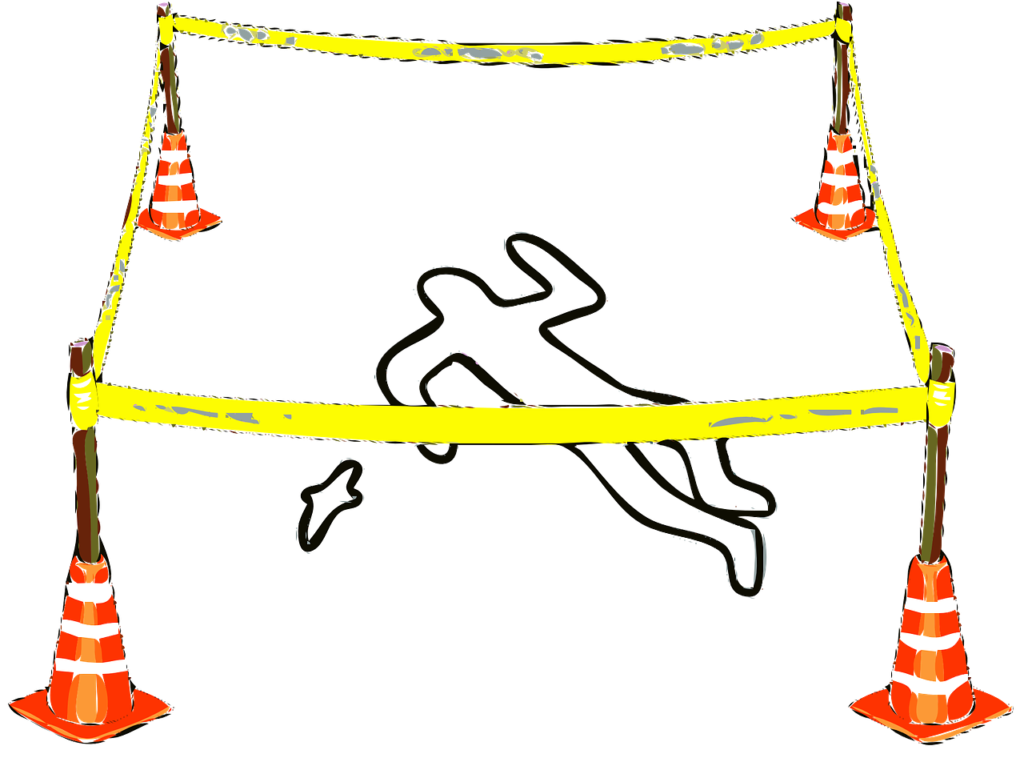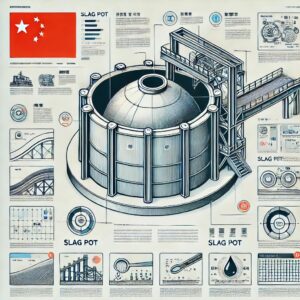Small Debts Owed by China Manufacturers
For over a decade, our China dispute lawyers have consistently received inquiries from companies that have paid between $3000 and $100,000 for product from a Chinese manufacturer and received either nothing in return or product that clearly is not up to snuff.
These days, we are getting one or two of these emails a day. The writers of these emails want to know what they/we can do.
In virtually all cases, the purchasing company has never visited the Chinese manufacturer to which they wired the funds, and in most instances, the Chinese manufacturer has stopped responding in any way to the bilked company’s entreaties.
Case Studies Highlighting the China Debt Issue
The following are but three examples from this week alone.
Case Study 1: An online retail company sent a Chinese manufacturer $60,000 for electronic toys, only to receive a shipment of woefully defective items, leaving them with unsellable stock and financial losses.
Case Study 2: A small machinery company lost $80,000 in a wire transfer to a supposed manufacturer who vanished post-payment. It is pretty clear that the manufacturer never existed.
Case Study 3: A fashion startup received clothing that was vastly inferior to the samples they had been provided. After paying $35,000, they found the manufacturer unresponsive.
The writers of these emails all want to know what they/we can do (I am repeating this for effect!).
Some of these bilked purchasers report the foreign manufacturer to the foreign Embassy in their home country and/or to their own embassy in China, but they virtually either get no response or a form letter back.
They want to know what they/we can do.
They often have a vague notion that our international litigation lawyers can get some embassy or government official somewhere to come down hard on the foreign manufacturer or that we would be happy to sue the foreign manufacturer on a contingency fee basis somewhere and bring them to heel.
Legal Advice for Dealing with A China Manufacturer
Below is a summary of the advice I typically provide to companies that have been wronged by Chinese manufacturers:
We would be happy to review all the relevant documents in your case and write a demand letter in the native language of your manufacturer, but this seldom works. And before we do that, we will need to do at least some basic research to determine whether the manufacturer to which you sent your money even exists and, if it does exist, whether it has sufficient assets to be worth pursuing. For what this entails, I suggest you read this. I should also tell you that at least half the time in situations like this, there is no real company there.
Your other alternative is to have us find the right lawyer in the city in which your manufacturer is located who speaks English and will sue on your behalf. Or you can spend way more than the amount at stake warrants and sue in your home country and then try to attach any assets this manufacturer might have in your home country, but they almost certainly have none. Or you can hire a lawyer in the country in which your manufacturer is located to try to get whatever judgment you get enforced over there. You might also try to find an international debt collection agency to take this on, but my understanding is that few if any will be interested.
We will charge you hourly to review your documents and draft a short memo setting out your best options. If you hire a Chinese law firm to sue your manufacturer in its home country, you will almost certainly need to pay them and pay relatively high filing fees. The fact that you did everything with just a purchase order (and not with a China-centric manufacturing contract) means there is a good chance you will not prevail if you do sue.
I would be remiss if I did not also mention that before we do anything that will anger anyone in China, we should make sure there is nothing the angry Chinese company can do to mess with (or even destroy) the business or manufacturing you are doing in China. This usually involves our making sure everything you are doing in China is being done legally (you would be surprised at how often this is not the case) and making sure that your intellectual property assets are not at risk in China due to failures on your part to register them in China.
Going through the above will not come cheaply. In other words, it is not looking good for you right now and maybe the best thing you can do is mark this all down to experience and be more wary about doing business with China in the future.
Online Product Platform Risks
Many mistakenly believe that platforms like Alibaba provide a safety net against fraud and poor-quality products. Despite their expectations, legal recourse through these channels is often ineffective. Often, these companies have spent months pursuing fruitless complaints against these platforms and yet they still expect our China lawyers can quickly resolve their problems.
Our attorneys have rigorously analyzed the carefully crafted terms of service on these platforms and have concluded that litigation is generally not a feasible option against these online marketplaces. These online product platforms know that the legal costs and low likelihood of success deter most claims from going to court. Consequently, they seldom offer to pay anything based on a demand letter.
Though the websites of these online platforms often tout their “protection” policies, our experience paints a starkly different picture. When issues like receiving substandard goods or no goods at all arise, these online product platforms will distance themselves from the disputes. forcing their product buyers to navigate the aftermath alone. This prevalent misconception underscores the critical importance of conducting thorough due diligence and directly vetting suppliers, even when transactions occur through seemingly secure online platforms.
I have often considered that the most effective legal challenge against some of these platforms could be a class action lawsuit based on misrepresentation. This belief stems from the way these websites promote “protection” while their terms and conditions clearly absolve them of nearly all responsibility.
BOTTOM LINE: Don’t let this happen to you. If the amount at stake is higher than that mentioned above, the situation is very different, and our international litigation team would be eager to try to assist.

























